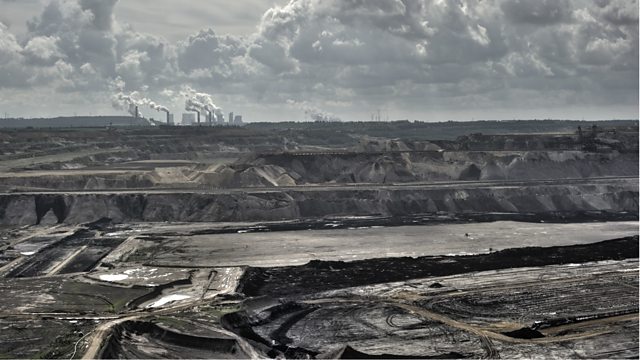
Geological Junk
Roland finds out how we are changing the planet with our waste and Nastaran Tavakoli-Far asks will we ever be able to make a baby outside a woman’s body?
The junk and geology of the Anthropocene, how mankind’s influence of the planet is now producing more erosion than natural forces, and how the materials we’ve used for mining and building in the past provides a snapshot of our geological influence of the planet.
Finland’s Water shortage: Even in places where water is seemingly plentiful there can be issues, particularly caused by growing populations. In Finland to try balance the needs of rural and urban communities, authorities have introduced an online publicly accessible system of monitoring underwater aquifers, so everyone can see in real time how much water is being used and by whom.
What do rats forget? And how will that help with conditions such as post-traumatic stress disorder? Researchers have discovered striking similarities between the way rats and human forget things.
From IVF to premature babies we’re exploring what science we’d need to make a baby outside the body in a pursuit to answer a question from Nigerian listener, Aminu asking: Can we make an artificial womb?
CrowdScience gets very close to a uterus transplant operation, peers at the earliest cells of a placenta, and sees a disembodied womb being kept alive in a box full of artificial blood. Finding the road blocks in the way of the she asks how close current reproductive medicine brings us to gestating babies in a lab.
(Picture: Human impact on the environment now causes more erosion than natural processes. Credit: Getty images)
Last on
More episodes
Previous
Broadcasts
- Sun 11 Nov 2018 15:06GMTÃÛÑ¿´«Ã½ World Service Americas and the Caribbean
- Sun 11 Nov 2018 16:06GMTÃÛÑ¿´«Ã½ World Service News Internet
Podcast
-
![]()
Unexpected Elements
The news you know, the science you don't

